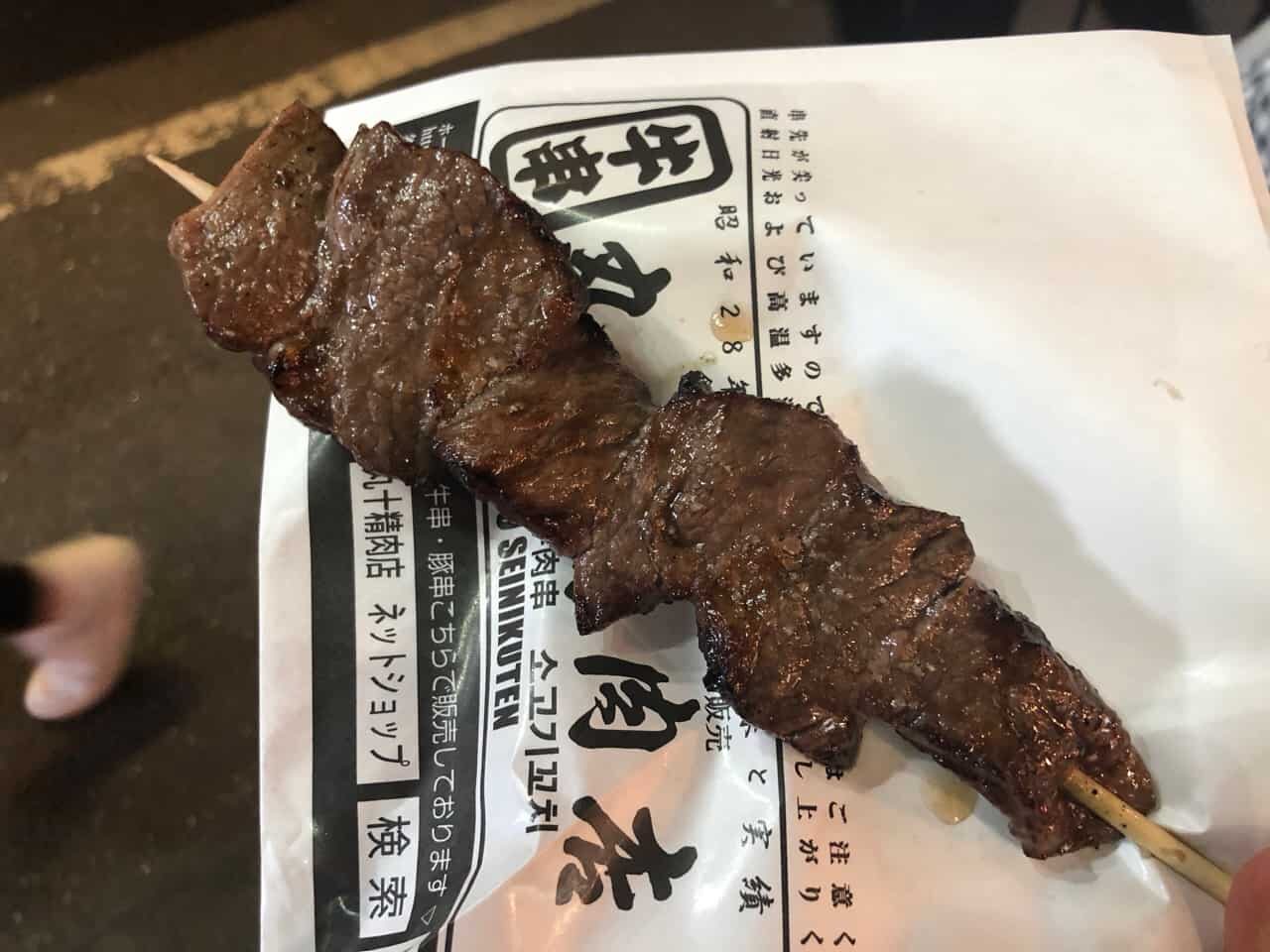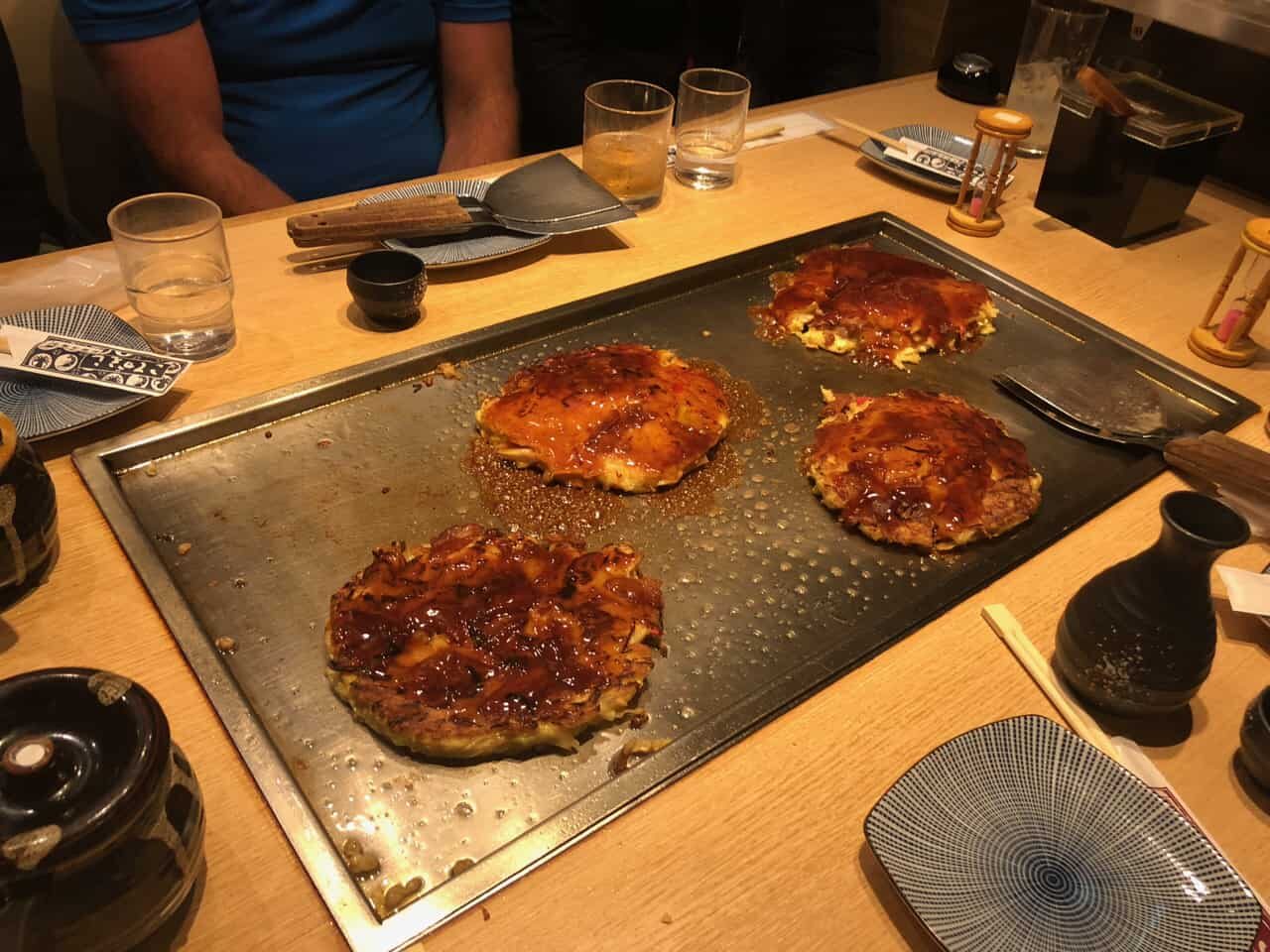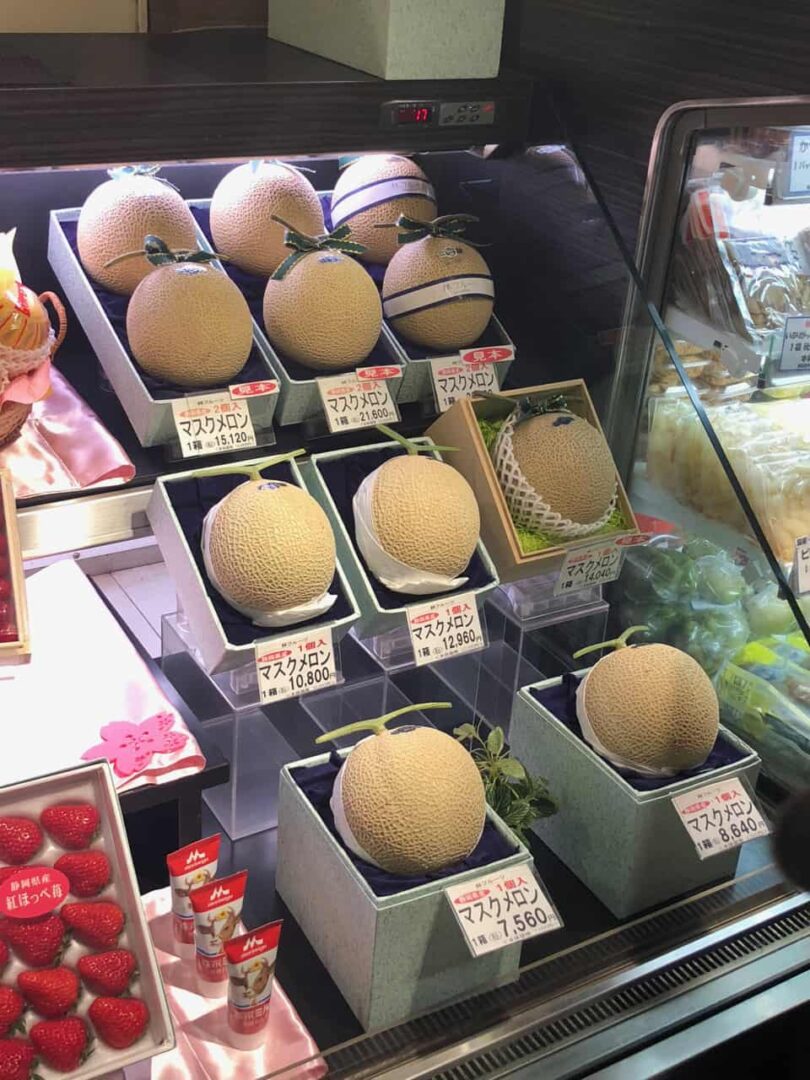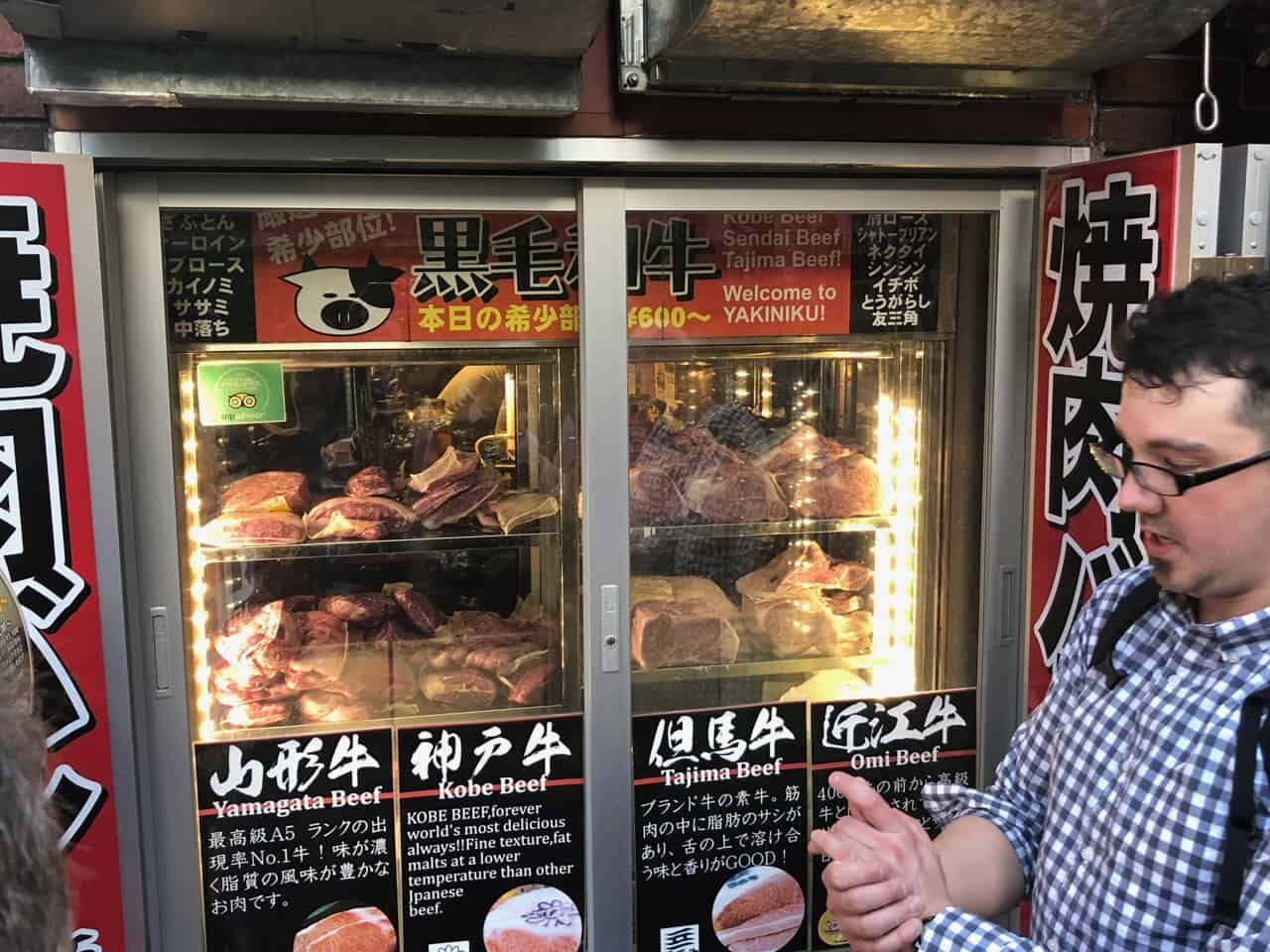Last week, I posted a quick story from my Japan trip on LinkedIn. I've included an embed of that post if you'd like to read the comments there or if you'd like to participate in the LinkedIn discussion. I'm also going to post the story below with the context of some food photos :-) and you can comment on this blog post, as always, if you like.
After the formal tour that I helped Kaizen Institute with, I had a few personal days to be a tourist in Tokyo, a city that I really enjoy experiencing.
Monday, I blogged about the sushi-making class I took on my last Sunday in Japan. Later that same Sunday, I did a walking food tour in the Shibuya area. Walking food tours are a great way to explore and learn about a city.
In our small group, there was a couple from Australia and a retired couple from South Africa.
Between stops on the tour, the South African gentleman, a retired mining company manager or executive, asked me why I was there in Japan for work.
“So why were you here in Japan?”
Me: “To visit Toyota and other companies that have a culture of Kaizen, which means continuous improvement.”
South African retired executive: “I know that word, it was popular 25 years ago.”
Masaaki Imai's book (1986) Kaizen was popular, but the concepts should be considered timeless, not trendy, right?
He wasn't disparaging the idea of Kaizen. It seemed like the implication in our discussion was that Kaizen had been popular but it isn't talked about much anymore.
In many countries (and in many organizations), something like Kaizen runs the risk of being a fad. As I've said before, Lean and Kaizen are a fad only to people who are susceptible to fads.
In the organizations we visited in Japan, quality improvement, continuous improvement, leadership, and Lean methods are not a fad. The organizations we visited, in healthcare or otherwise, have been practicing Total Quality Management for decades. There's what Dr. Deming might have called a “constancy of purpose.”
The leaders in these organizations realize “quality is made in the boardroom,” as Deming said. The culture change that's required to establish, grow, and sustain a culture of continuous improvement cannot be delegated.
I've seen, even in recent years, some healthcare organizations say they want to embrace Kaizen… but then after a year or two, it fades. You can't spell “fade” without “fad.”
But, organizations like Franciscan Health have been on this Kaizen journey for more than ten years.
The lab at Children's Health has been practicing Kaizen for more than ten years after I helped them get started. Even after some leadership changes, that culture seems very strong in their lab.
The book KAIZEN might have been popular 25 years ago, but the concepts and methods are still popular today in some organizations.
Kaizen Institute, the tour's main organizer, is the firm started by Masaaki Imai. In their description of the tour, they talk about finding “a real insight of KAIZEN™” by visiting Japan. In our introductory discussions, they talk about discovering what Kaizen “feels” like. You can read about Kaizen. You can talk about Kaizen. But, feeling Kaizen, being surrounded by it is different.
I'd argue you can “feel Kaizen” when you visit Franciscan Health (and Joe and I are hoping to schedule another site visit there this year).
Now, here's what you might have really come for… Japan food tour photos!






Thanks for reading!
Please scroll down (or click) to post a comment. Connect with me on LinkedIn.
Let’s work together to build a culture of continuous improvement and psychological safety. If you're a leader looking to create lasting change—not just projects—I help organizations:
- Engage people at all levels in sustainable improvement
- Shift from fear of mistakes to learning from them
- Apply Lean thinking in practical, people-centered ways
Interested in coaching or a keynote talk? Let’s start a conversation.











